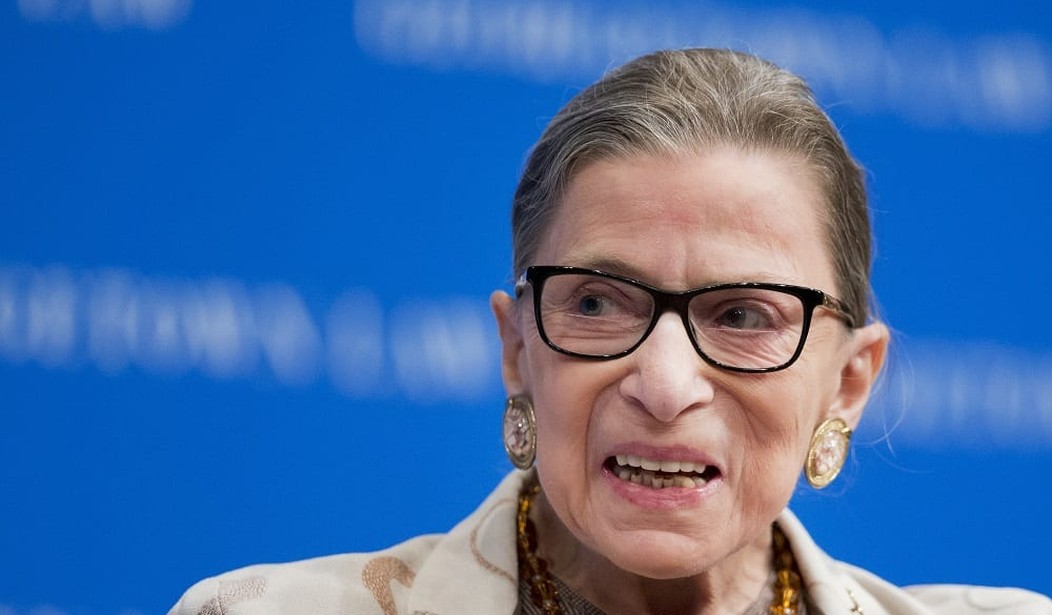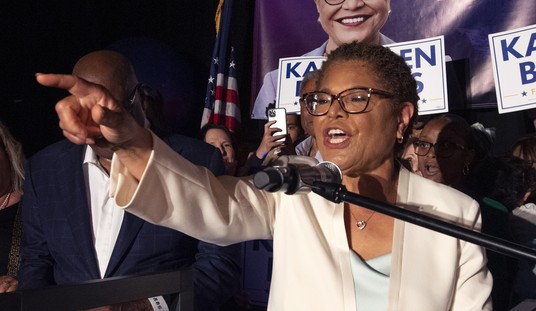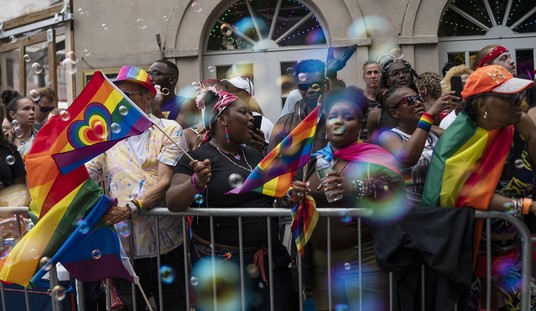The US Department of Justice has appealed the 4th Circuit’s decision on Trump’s executive order restricting travel to the US from a handful of failed states and terror sponsors to the Supreme Court. What, if anything, the Supreme Court will do is unknown. To a lay person–that would be me–it would be incredible if the Supreme Court would not hear a case that invalidates the long-standing ability of the executive in regards to national security, but with the grotesque politicization of the federal judiciary, who knows. We are well past the era in which the courts deferred to either of the political branches on much of anything.
The crux of the decision revolved not around the propriety of the executive order but on the 4th Circuit’s disapproval of President Trump’s personal aesthetic. He was critical of allowing Muslims to immigrate and therefore he acted in bad faith by requiring enhanced screening of a population likely to be terrorists but which happened to be predominately Muslim. They didn’t like him so his order was illegal even though the same order would undoubtedly be legal under a different president.
If statements at some point in the past are considered evidence, then Justice Ruth Bader Ginsburg has an insurmountable problem. I’m going to borrow heavily from Professor William A. Jacobson a Clinical Professor of Law and Director of the Securities Law Clinic at Cornell Law School and the proprietor of Legal Insurrection.
Jacobson goes to the 4th Circuit’s opinion:
… creates a compelling case that EO-2’s primary purpose is religious. Then-candidate Trump’s campaign statements reveal that on numerous occasions, he expressed anti-Muslim sentiment, as well as his intent, if elected, to ban Muslims from the United States….
As a candidate, Trump also suggested that he would attempt to circumvent scrutiny of the Muslim ban by formulating it in terms of nationality, rather than religion….
These statements, taken together, provide direct, specific evidence of what motivated both EO-1 and EO-2: President Trump’s desire to exclude Muslims from the United States. The statements also reveal President Trump’s intended means of effectuating the ban: by targeting majority-Muslim nations instead of Muslims explicitly….
EO-2 cannot be read in isolation from the statements of planning and purpose that accompanied it, particularly in light of the sheer number of statements, their nearly singular source, and the close connection they draw between the proposed Muslim ban and EO-2 itself.
Then Jacobson asks some hard questions about Justice Ginsburg’s suitability to rule on the travel ban when she, herself, has expressed very definitive views on Trump and his presidency.
- “He is a faker,” she said of the presumptive Republican presidential nominee, going point by point, as if presenting a legal brief.
- Asked what if Trump won the presidency, Ginsburg said: “I don’t want to think about that possibility, but if it should be, then everything is up for grabs.”
- “I can’t imagine what this place would be — I can’t imagine what the country would be — with Donald Trump as our president. For the country, it could be four years. For the court, it could be — I don’t even want to contemplate that.
Referring to something she thought her late husband, tax lawyer Martin Ginsburg, would have said, she said: “Now it’s time for us to move to New Zealand.”
All of these show she has ruled out fairly ruling on anything involving Trump and her outspokenness has been sufficient to have newspaper editorials (New York Times, Washington Post) disapprove of her political commentary.
Unlike lower courts, the Supreme Court is not bound by any ethical limits on its conduct. Essentially, the justices are allowed to decide for themselves if they should recuse from a case. Otherwise, Ginsburg’s statements fly squarely in the face of two rules: Canon 3: A Judge Should Perform the Duties of the Office Fairly, Impartially and Diligently; and Canon 5: A Judge Should Refrain From Political Activity.
Jacobson again:
In a case in which Trump’s campaign comments are front and center, how can Ginsburg hear a case in which she has complained publicly about Trump and Trump’s campaign?
This is not a situation where a Justice merely is presumed to have political leanings (don’t they all?), or is affiliated with one political party more than another. Justice Ginsburg has publicly questioned Trump’s credibility, and that credibility is an issue in the case as it presents itself in the 4th Circuit decision from which review is sought.
Will Ginsburg recuse? Of course not. She’s a progressive activist and the ends justify the means so long as the ends are favorable to her side.













Join the conversation as a VIP Member